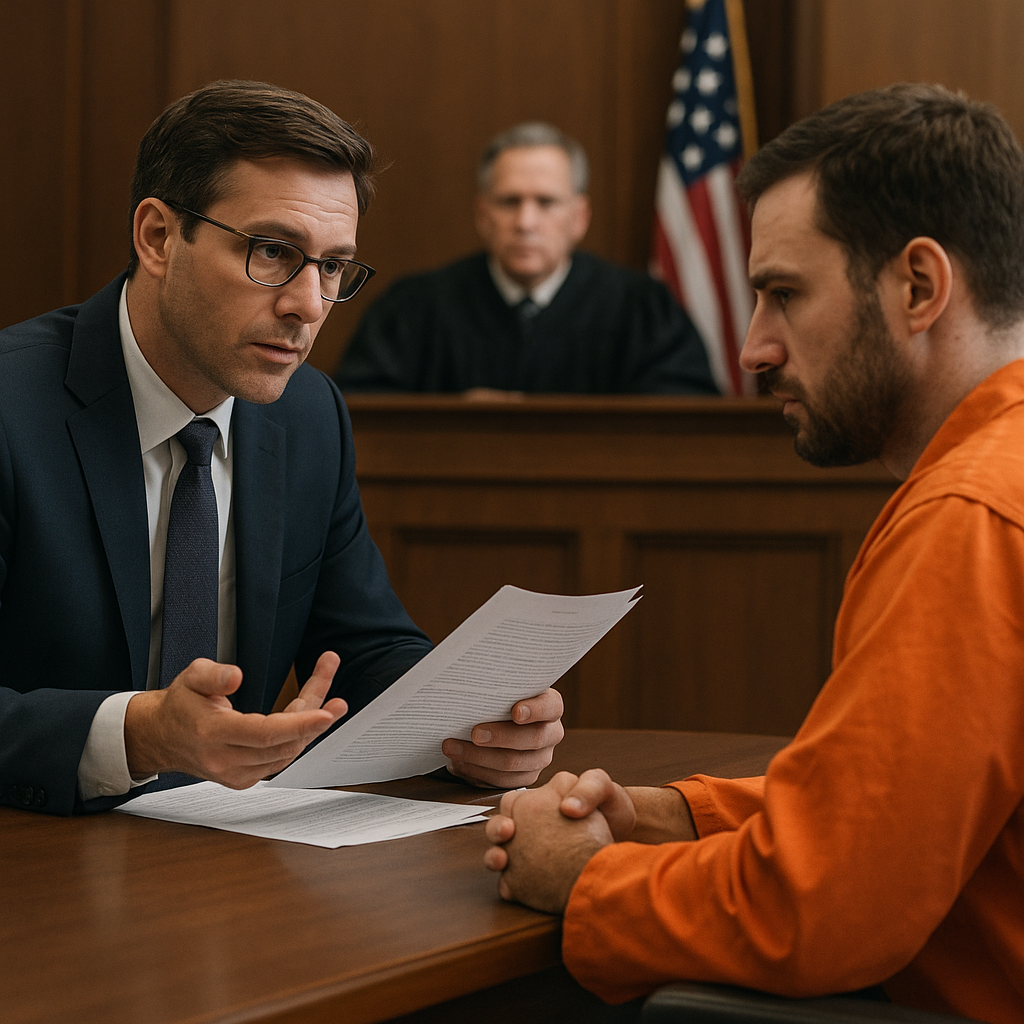Criminal defense law operates under a framework that demands rigorous adherence to procedural safeguards and constitutional rights. Unlike civil law, where disputes typically involve private parties and monetary remedies, criminal matters engage the power of the state and carry the potential for deprivation of liberty. Attorneys practicing in this field must excel in navigating complex statutes, constitutional protections, and courtroom strategies to protect the interests of the accused.
Procedure and Burden of Proof
One of the most striking distinctions between criminal and civil arenas lies in the burden of proof. In criminal cases, the prosecution must establish the defendant’s guilt “beyond a reasonable doubt,” a formidable standard reflecting society’s interest in avoiding wrongful convictions. By contrast, civil litigants bear the lighter burden of proving their claims by a preponderance of evidence, meaning that the disputed facts are more likely than not to be true.
Criminal procedures grant the accused the presumption of innocence, ensuring that the government shoulders the entire risk of error from arrest through trial. This principle underpins key safeguards such as the right to counsel, the privilege against self-incrimination, and the right to a speedy and public trial. Civil litigants, meanwhile, do not enjoy the same breadth of safeguards; they may be compelled to testify and have limited protections against document production.
Moreover, criminal proceedings typically involve multiple stages of oversight, including grand jury review, arraignment, hearings on motions to suppress evidence, the trial itself, and potential post-conviction relief. Each stage demands meticulous preparation, strategic thinking, and a thorough understanding of constitutional doctrines like the Fourth Amendment’s protection against unreasonable searches and seizures.
Role and Duties of Criminal Defense Lawyers
Criminal defense attorneys occupy a critical position as the bulwark against overreach by the state. Their core responsibilities include advising clients on the charges they face, evaluating the strength of the prosecution’s evidence, and formulating an effective legal strategy. From the moment of arrest, these practitioners must ensure compliance with due process norms and guard against violations of their client’s rights.
- Investigation: Defense counsel often collaborate with private investigators and expert witnesses to reconstruct events, challenge forensic analyses, and uncover exculpatory information that the prosecution may have overlooked or withheld.
- Plea Negotiations: Since upwards of 90% of criminal cases resolve via plea bargains, adept negotiators must assess the risks and benefits of accepting a deal versus proceeding to trial. They advise clients on potential sentencing outcomes, including the difference between felony and misdemeanor classifications.
- Trial Advocacy: When cases go to court, defense lawyers must master jury selection, opening statements, the examination of witnesses, and persuasive closing arguments. They challenge the prosecution’s evidence, raise doubts about witness credibility, and highlight procedural errors that could yield suppressions or dismissals.
- Post-Conviction Remedies: After verdicts, attorneys may seek appeals or file motions for new trials. They scrutinize trial records for constitutional errors, such as improper jury instructions or prosecutorial misconduct, and pursue remedies that can reverse or mitigate convictions.
Strategic Considerations and Client Management
Effective criminal defense demands more than legal acumen; it requires robust client communication and ethical vigilance. Lawyers must navigate the delicate balance between zealous advocacy and adherence to the rules of professional conduct. This includes maintaining confidentiality, avoiding conflicts of interest, and ensuring clients understand both the charges and potential consequences of their decisions.
Case Preparation and Investigation
At the heart of any strategy lies a thorough examination of the factual record. Defense teams:
- Review police reports and recordings to identify inconsistencies or violations of constitutional rights.
- Interview witnesses whose testimony may exonerate the client or cast doubt on the prosecution’s narrative.
- Engage forensic experts to critique the reliability of DNA analysis, blood-alcohol tests, or ballistics reports.
Plea vs. Trial
Deciding whether to accept a plea deal or proceed to trial often hinges on a client’s appetite for risk. A trial offers the chance for complete vindication but carries the possibility of harsher sentences if convicted. Plea agreements, conversely, provide certainty but may require admitting guilt to offenses that carry long-term collateral consequences, such as deportation or loss of professional licenses.
Jury Selection and Trial Dynamics
During voir dire, defense counsel seeks jurors who may be sympathetic to arguments about police overreach, unreliable eyewitness identifications, or mitigating personal circumstances. Attorneys employ both challenges for cause and peremptory strikes to shape a fair and impartial jury.
Interplay With Civil Law and Professional Boundaries
While criminal and civil law occupy separate domains, they often intersect. For instance:
- A criminal conviction for fraud or embezzlement can trigger civil suits for restitution or punitive damages.
- Victims of violent crimes may pursue civil wrongful death or personal injury actions alongside criminal prosecutions.
- Legal principles like double jeopardy—which prevents retrial for the same offense—have no counterpart in civil litigation, where multiple suits may arise from the same incident.
Criminal defense lawyers must, therefore, stay attuned to civil implications of their case strategies. They often coordinate with civil attorneys to protect their clients from overlapping liabilities and to advise on settlement negotiations that minimize total exposure.
Specialized Practice Areas Within Criminal Defense
Given the diversity of criminal statutes, many lawyers focus on niche fields to provide deep expertise:
- White Collar Crime: Defense of complex financial and corporate offenses, such as securities fraud, insider trading, and money laundering.
- Drug Offenses: Strategies addressing issues like illegal possession, trafficking, and mandatory minimum sentencing guidelines.
- Sex Crimes: Handling cases involving allegations of sexual assault, exploitation, and related mental health evaluations.
- Juvenile Defense: Representation of minors in delinquency proceedings where rehabilitative approaches often take precedence over punitive measures.
- Appellate Practice: Focused advocacy in higher courts, challenging trial errors and constitutional violations post-conviction.
These specialized attorneys develop an intimate knowledge of statutory amendments, sentencing enhancements, and evolving case law to secure favorable outcomes for their clients.




